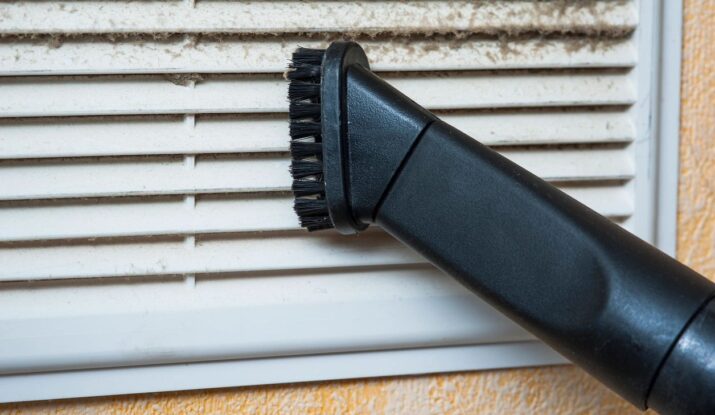In our interconnected world, we often forget that cleaning practices vary widely across cultures. These traditional methods, passed down through generations, often offer effective and sometimes surprising ways to keep homes spotless. Let’s take a tour of unique cleaning practices from around the world.
- Japan: The Art of ‘Osoji’
At year’s end, Japanese households practice ‘osoji’ or ‘big cleaning.’ This isn’t just about dusting; it’s a ritual of purification to welcome the new year. Families work together to clean every nook and cranny, often using natural materials like bamboo brooms and rice husks for scrubbing.
- Morocco: Savon Noir and Tadelakt
Moroccans use ‘savon noir’ (black soap) made from olive oil for cleaning everything from floors to skin. They also employ ‘tadelakt,’ a waterproof plaster surface treated with olive oil soap, making it naturally mold-resistant and easy to clean.
- India: Cow Dung Floor Treatment
In rural India, a mixture of cow dung and water is sometimes used to clean and coat earthen floors. While surprising to outsiders, this practice has antimicrobial properties and helps repel insects.
- Russia: Steam Cleaning in Banyas
Russian banyas (steam rooms) aren’t just for relaxation. The intense steam is believed to deep-clean the body, while birch branches are used to stimulate circulation and exfoliate the skin.
- Turkey: Vinegar and Lemon Duo
Turkish households often rely on the power of vinegar and lemon for cleaning. This natural combination is used on everything from windows to kitchen surfaces, leaving a fresh scent without harsh chemicals.
- Netherlands: ‘Schoonmaken’ Culture
The Dutch have a cleaning culture called ‘schoonmaken,’ which involves regular, thorough cleaning. One unique aspect is the tradition of washing windows and curtains every week, contributing to the nation’s reputation for cleanliness.
- Korea: Charcoal as a Natural Deodorizer
Koreans often use charcoal to absorb odors and excess moisture. Pieces of charcoal are placed in shoes, closets, and even refrigerators as a natural air purifier.
- Sweden: ‘Death Cleaning’ or ‘Döstädning’
This Swedish practice involves decluttering and organizing your home throughout your life, so your loved ones won’t have to deal with it after you’re gone. It’s a thoughtful approach to lifelong tidiness.
- Greece: Oregano as a Natural Disinfectant
Greeks sometimes use oregano-infused water as a natural disinfectant. The herb’s antimicrobial properties make it effective for cleaning kitchen surfaces and even treating minor wounds.
- Australia: Tea Tree Oil for Mold Prevention
Indigenous to Australia, tea tree oil is used in many households as a natural mold preventative and general cleaner due to its antifungal and antibacterial properties.
Embracing Global Wisdom
These cultural cleaning practices remind us that effective cleaning doesn’t always require modern, chemical-laden products. Many traditional methods are eco-friendly, cost-effective, and connect us to age-old wisdom.
While not all of these practices may be suitable for every home, they offer inspiration for those looking to diversify their cleaning routines or seek more natural alternatives. As we clean our homes, we might just find ourselves cleaning our perspective on what it means to have a truly clean space.

